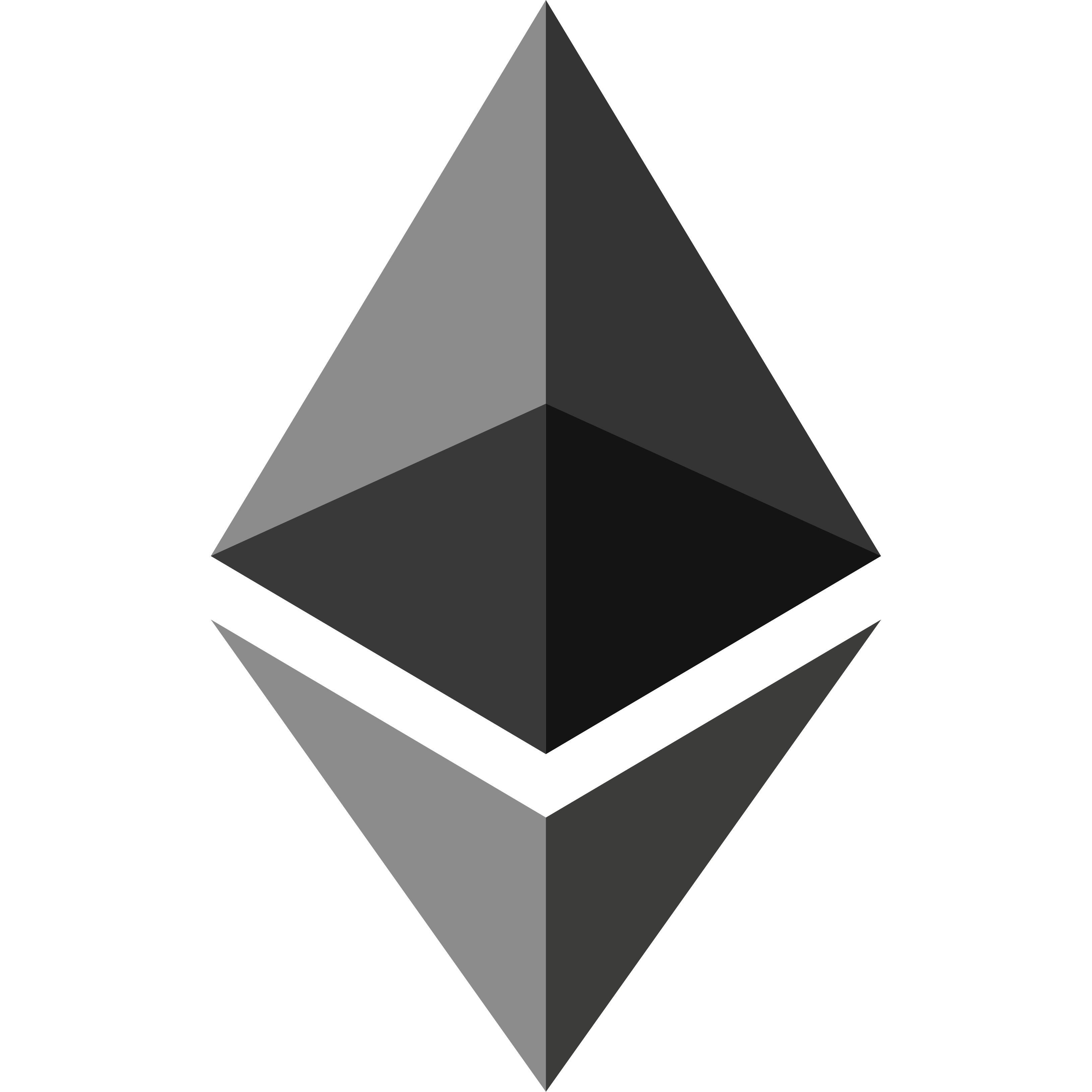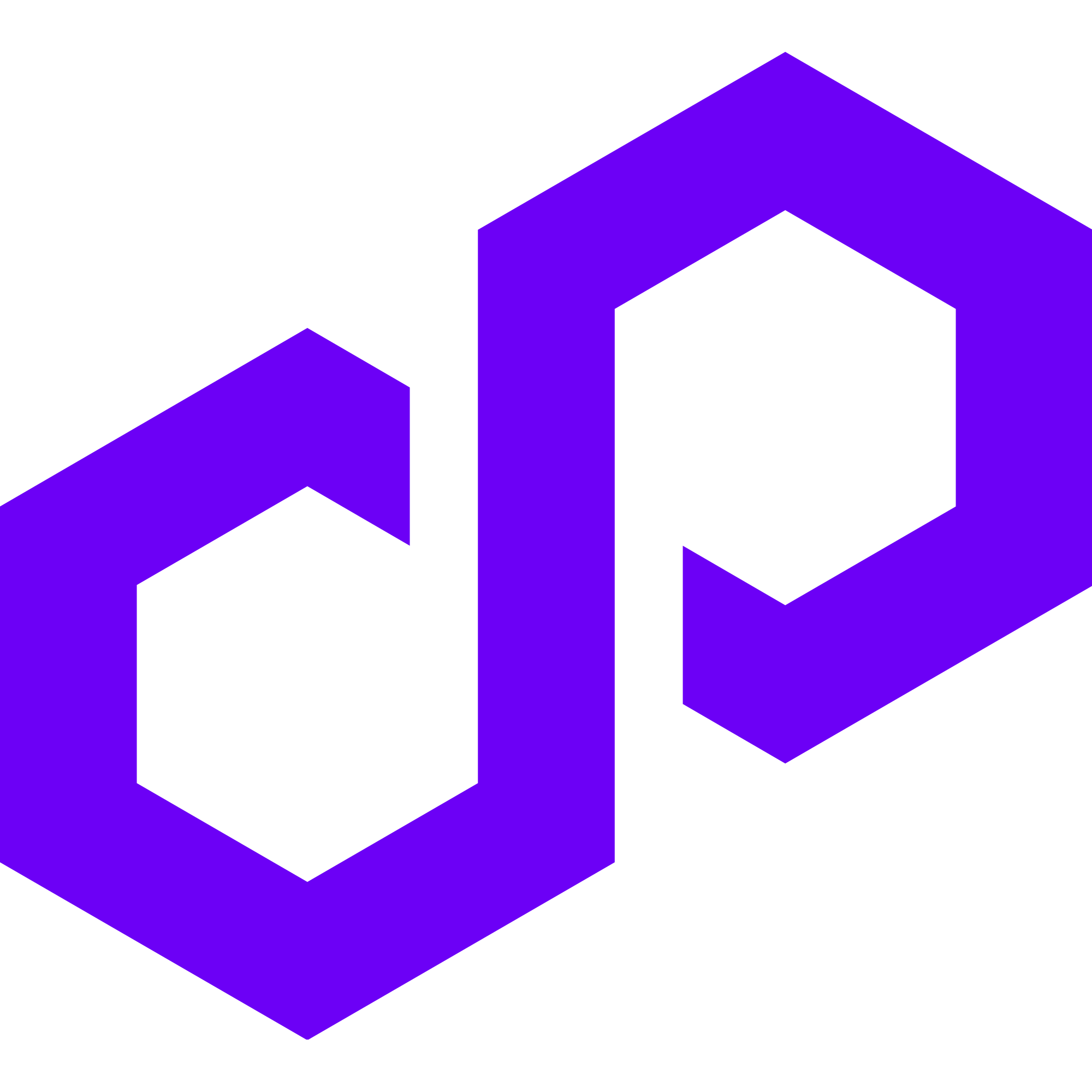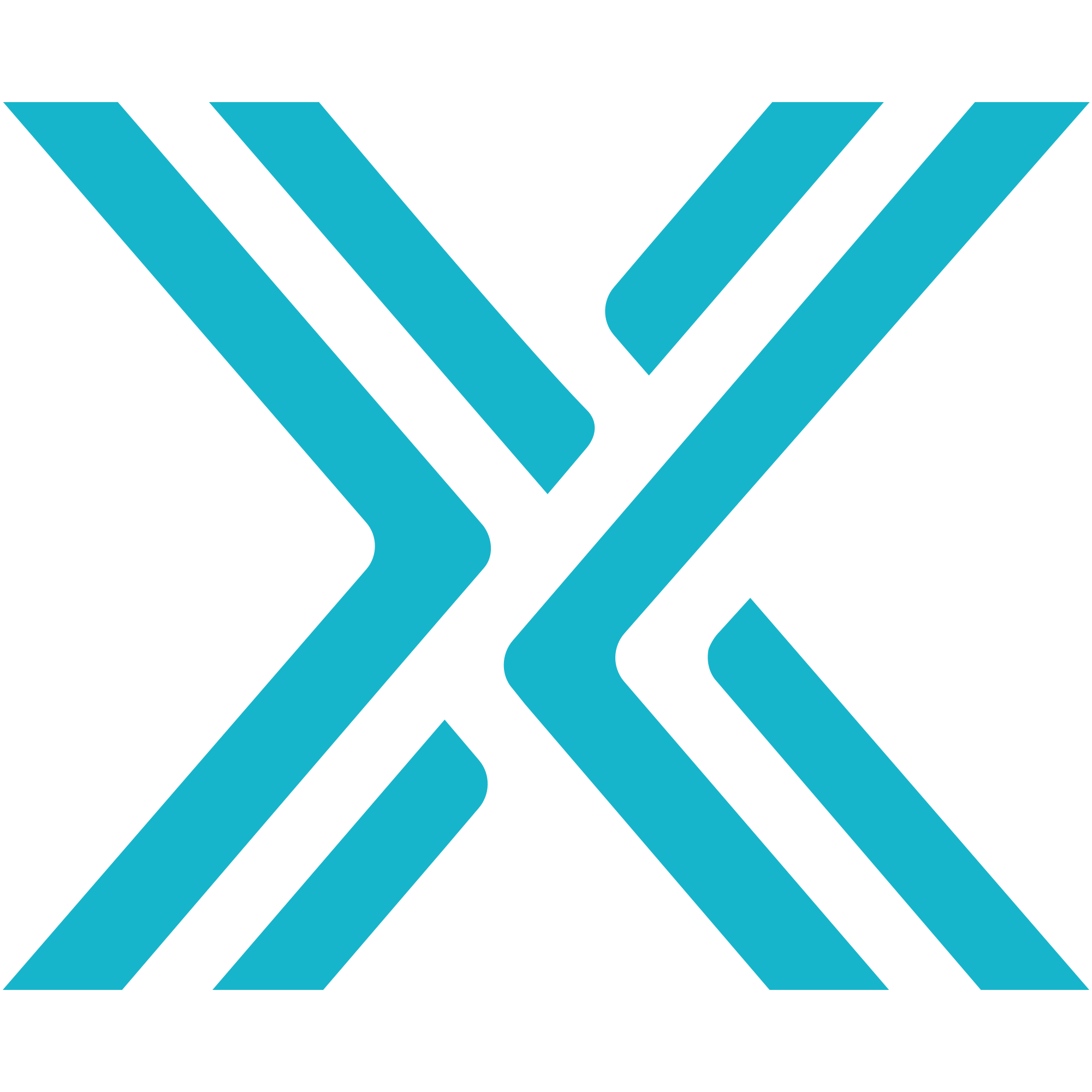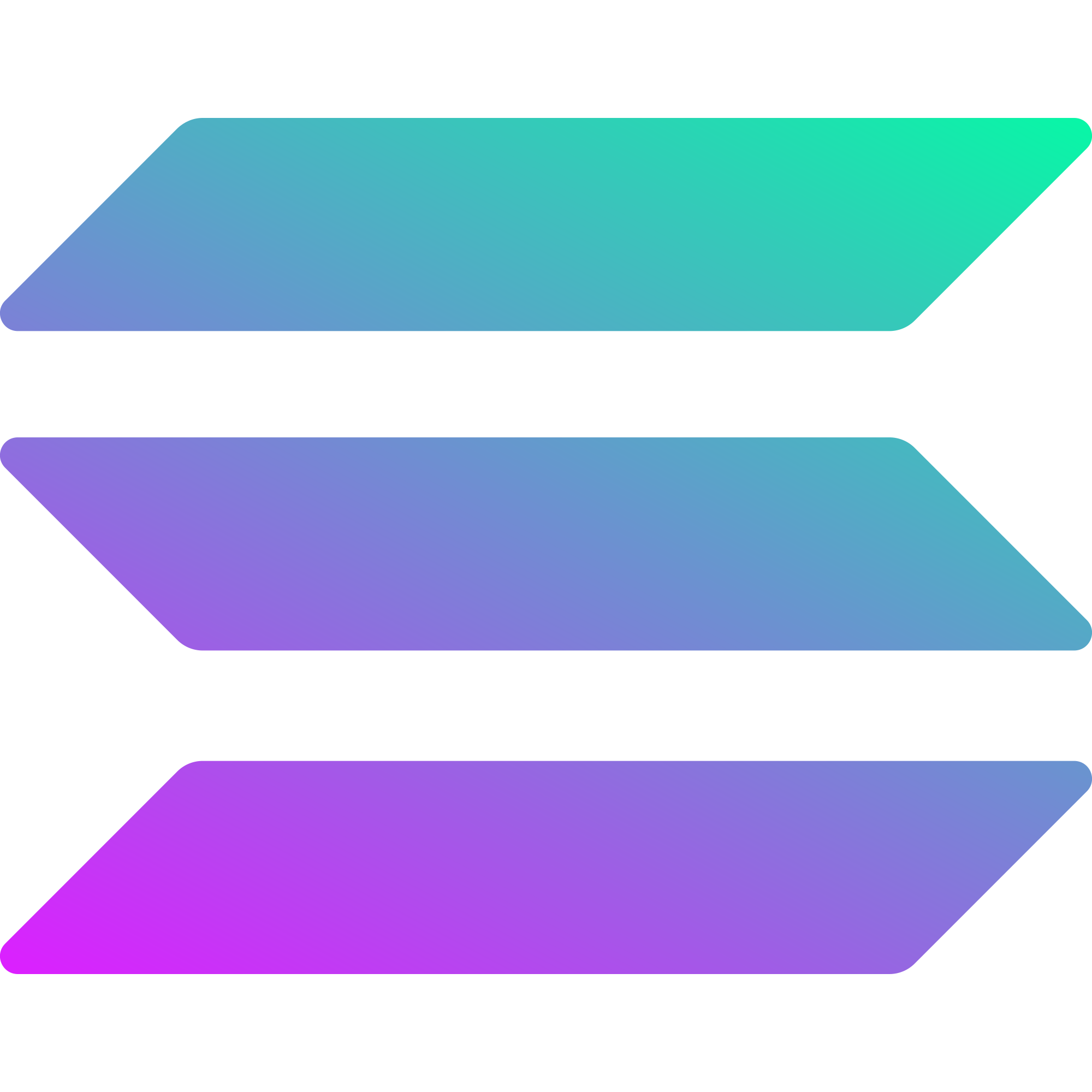Top 5 Best NFT Cryptocurrencies
Discover the leading blockchain platforms for NFTs, digital collectibles, and unique digital assets.
Best Cryptocurrencies for NFTs

Ethereum
ETHNFT Standards
Key Features
Top Marketplaces
NFT Standards
Key Features
Top Marketplaces

Polygon
MATICNFT Standards
Key Features
Top Marketplaces

Cardano
ADANFT Standards
Key Features
Top Marketplaces

ImmutableX
IMXNFT Standards
Key Features
Top Marketplaces
Understanding NFT Platforms
Why NFT Platform Choice Matters
The blockchain platform you choose for NFTs significantly impacts costs, speed, marketplace access, and potential audience reach. Different platforms offer varying advantages for creators, collectors, and developers in the NFT ecosystem.
Key Platform Features
NFT Standards
Technical specifications that define how NFTs are created, transferred, and interact with applications. Strong standards ensure compatibility and functionality across the ecosystem.
Transaction Costs
Gas fees and transaction costs significantly impact NFT minting, trading, and transfer expenses. Some platforms offer layer-2 solutions or alternative consensus mechanisms for lower fees.
Marketplace Ecosystem
The variety and quality of NFT marketplaces available on the platform affect liquidity, trading options, and exposure for creators and collectors.
Developer Tools
SDKs, APIs, and development frameworks that make it easier to create and integrate NFT functionality into applications and games.
Comparing NFT Platforms
Consider these factors when evaluating NFT platforms:
- Transaction Speed: Time required for NFT transfers and trades to complete
- Gas Fees: Cost of minting, trading, and transferring NFTs
- Community Size: Active users and trading volume in the ecosystem
- Marketplace Integration: Available trading platforms and their features
- Technical Support: Documentation, tools, and developer resources
- Security: Platform track record and smart contract security
NFT Use Cases
Digital Art
- Unique artwork pieces
- Limited edition collections
- Generative art projects
- Artist royalties
Gaming
- In-game items
- Character skins
- Virtual land
- Game assets
Collectibles
- Digital trading cards
- Profile pictures (PFPs)
- Virtual memorabilia
- Limited editions
Utility
- Event tickets
- Membership passes
- Digital certificates
- Access tokens
Frequently Asked Questions
What are NFT cryptocurrencies?
NFT cryptocurrencies are blockchain platforms that support the creation, trading, and management of non-fungible tokens (NFTs). These platforms provide the infrastructure and standards necessary for digital collectibles, artwork, gaming assets, and other unique digital items.
Why is blockchain important for NFTs?
Blockchain technology provides the essential features for NFTs: provable scarcity, verifiable authenticity, immutable ownership records, and secure transfer mechanisms. Different blockchains offer varying advantages in terms of fees, speed, and ecosystem support.
What makes a good NFT platform?
Key factors include low transaction fees, fast confirmation times, robust NFT standards, strong developer tools, active marketplace ecosystem, and security. Additional considerations include the size of the NFT community and integration with popular wallets and tools.
How do NFT standards differ between platforms?
Different platforms use various NFT standards. Ethereum popularized ERC-721 and ERC-1155, while others like Solana's Metaplex and Cardano's CIP-25 offer platform-specific features. These standards define how NFTs are created, transferred, and interact with applications.
Should I consider multiple NFT platforms?
Yes, diversifying across multiple NFT platforms can be beneficial. Each platform offers unique advantages in terms of fees, speed, community, and marketplace dynamics. Consider your specific needs (gaming, art, collectibles) when choosing platforms.
Stay Updated
Get the latest crypto news, rankings, and exclusive guides delivered to your inbox.
We respect your privacy. Unsubscribe at any time.
